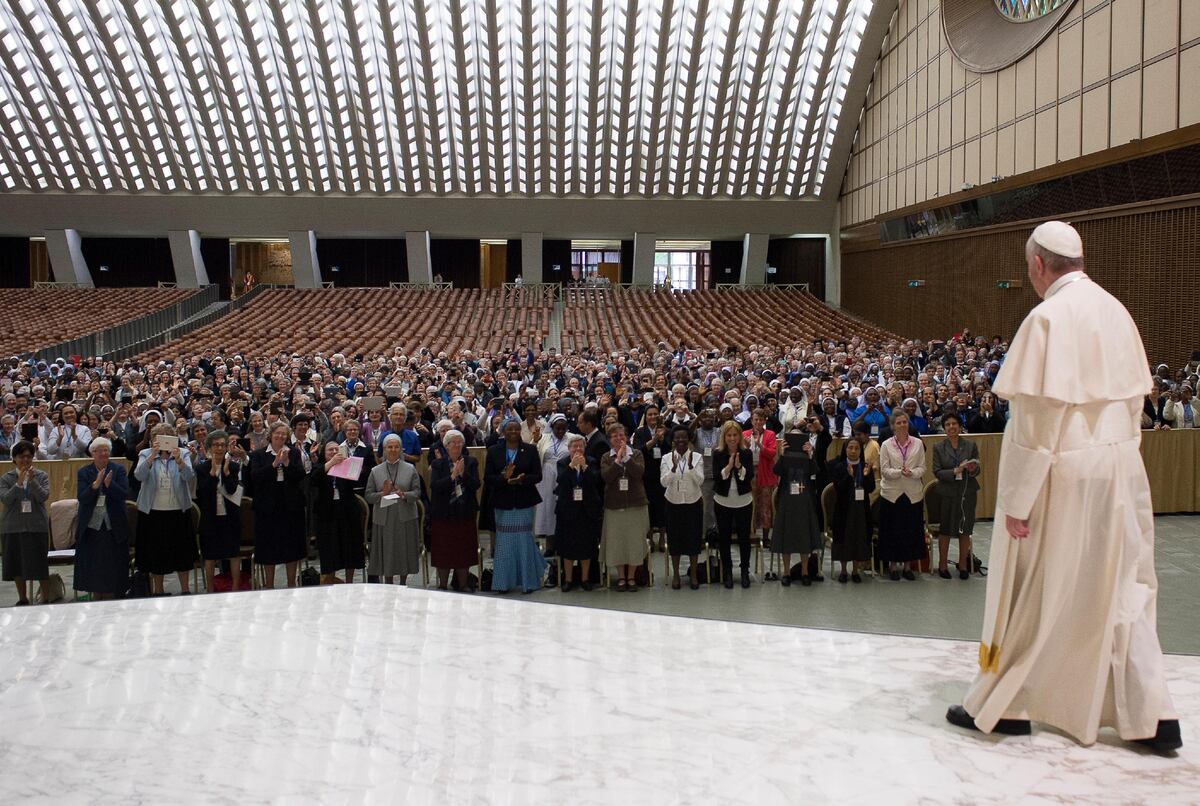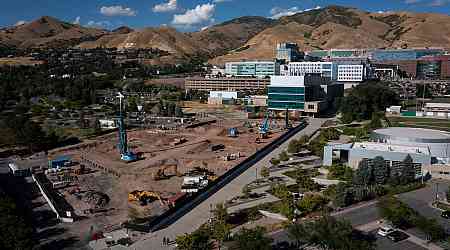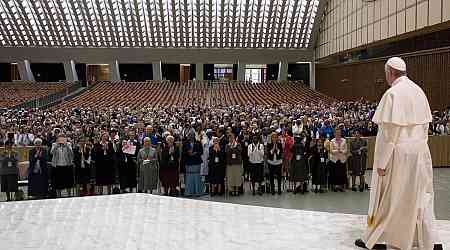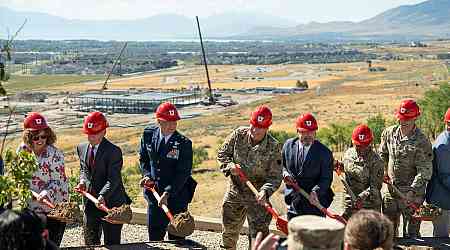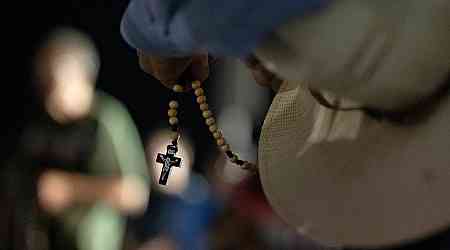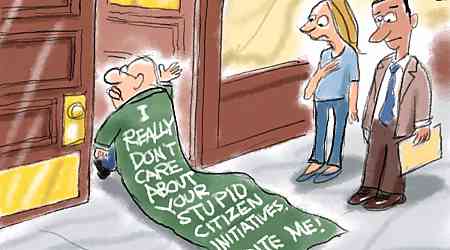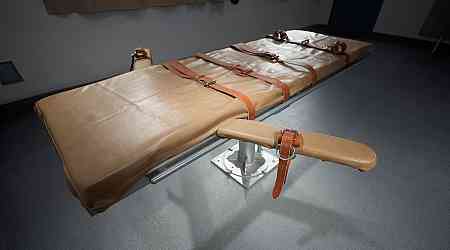Pope Francis has made it perfectly clear that he opposes ordaining women as deacons. Although I disagree with him, I accept that we are not going to see female deacons during his pontificate.
But if Francis or anyone else opposes ordaining women as deacons, there is a simple solution: Stop ordaining anyone as deacons, and let both women and men serve many of the same functions as catechists.
The topic of female deacons has caused a good deal of controversy of late. Francis raised hopes that women might be ordained deacons in 2016, when he created a commission to examine the history of female deacons. This was in response to a request from the International Union of Superiors General, which represents some 600,000 religious women around the world. A second commission to study the possibility of female deacons was formed in 2020.
Sadly, the reports of these commissions were never made public.
At last year’s synod, the topic of female deacons was again discussed and received strong support from many delegates, especially the women. However, this year the pope disappointed many by removing the topic from the synod agenda and setting up yet another commission to study the issue, which will report back in 2025.
When asked in his May interview with CBS News about women’s ordination, the pope gave a flat “no” to female deacons. He seemed to believe that women who acted as deacons in the early church were not ordained, although Religion News Service columnist Phyllis Zagano and others have done extensive historical research showing they were in fact ordained.
Deacons cannot celebrate Mass, hear confessions or anoint the sick, but they can baptize, preach at Mass and preside over weddings and funerals. As ordained ministers, they are members of the clergy, not laypersons. Permanent deacons remain deacons all their lives, whereas transitional deacons are eventually ordained priests.
The permanent diaconate was revived for the Catholic Church in the 1960s by the Second Vatican Council, where the council fathers thought it would be helpful in mission territories.
But the hope that permanent deacons would spread the word in Africa, southern Asia and other places traditionally considered missionary lands never came to pass. Today, the United States is home to almost 20,000 of the 50,150 Catholic deacons in the world, or about 40%, according to the Vatican Statistical Yearbook. The U.S. and Europe combined have more than two-thirds of the world’s deacons.
There are only 500 or so deacons in all of Africa, fewer than in the Archdiocese of Chicago, which has more than 850.
Instead, Africa’s Catholic bishops prefer catechists, who may be men or women. There are more than 450,000 catechists in Africa who teach the faith, hold Bible study, run small Christian communities, prepare people to receive the sacraments and do Communion services when priests are not available. The African bishops put a great deal of resources into training catechists.
Those who advocate female deacons point out that only the ordained, whether deacons or priests, can give homilies at Mass or preside over weddings. Catechists can do neither, and expanding their role would neither give women a greater role in the church nor expand the number of people who can minister to the faithful.
But in the case of giving homilies, this is simply canon law and can be changed, and laypeople can be delegated in many circumstances to preside at a wedding. The ministers of the sacrament of marriage are the couple, not the priest or deacon, who only witness the marriage for the church.
Similarly, laypeople may preside at funerals without a Mass. And any layperson, even a non-Catholic, can baptize.
In truth, there is nothing a deacon can do that a layperson cannot do.
I am not saying that many male deacons do not do wonderful work for the church. I am simply saying that they could do the same work without ordination.
The diaconate has drawbacks that catechists do not. As clerics, the diocese is financially responsible for them under canon law. If a deacon’s wife dies, he cannot remarry unless he gets a dispensation, which is not always granted. If a deacon gets in trouble, the church must use the same complicated canonical process used for laicizing priests.
Limiting the diaconate and priesthood to men is painful for many women in the church, but if we cannot ordain women as deacons, there is no reason we have to ordain men. If the point of ordination is simply to give the deacon more status, this is another form of clericalism.
There are not enough priests, which means that people do without the Eucharist, without confession and without the anointing of the sick. Too many Catholics die without the sacraments because there is no priest available.
If deacons were allowed in emergencies to perform the latter two sacraments, they would have something important to do that a layperson cannot do. But as they cannot, we can do without them. The church existed for centuries without the permanent diaconate.
If the church doesn’t need female deacons, it doesn’t need male deacons either. The U.S. church would do well to follow the example of the African church and forget about deacons and develop a catechists’ ministry.

(The views expressed in this opinion piece do not necessarily reflect those of Religion News Service.)


















